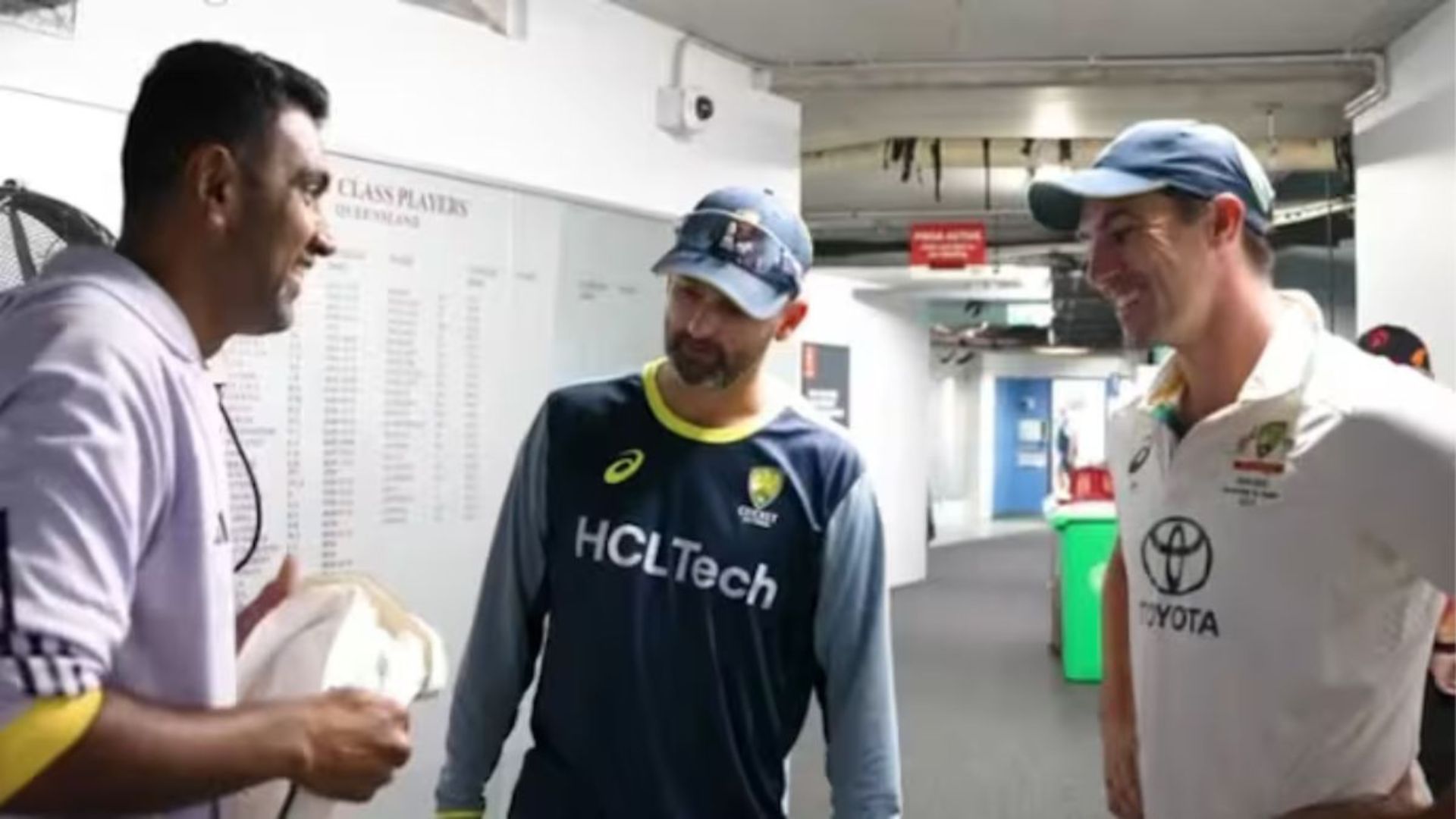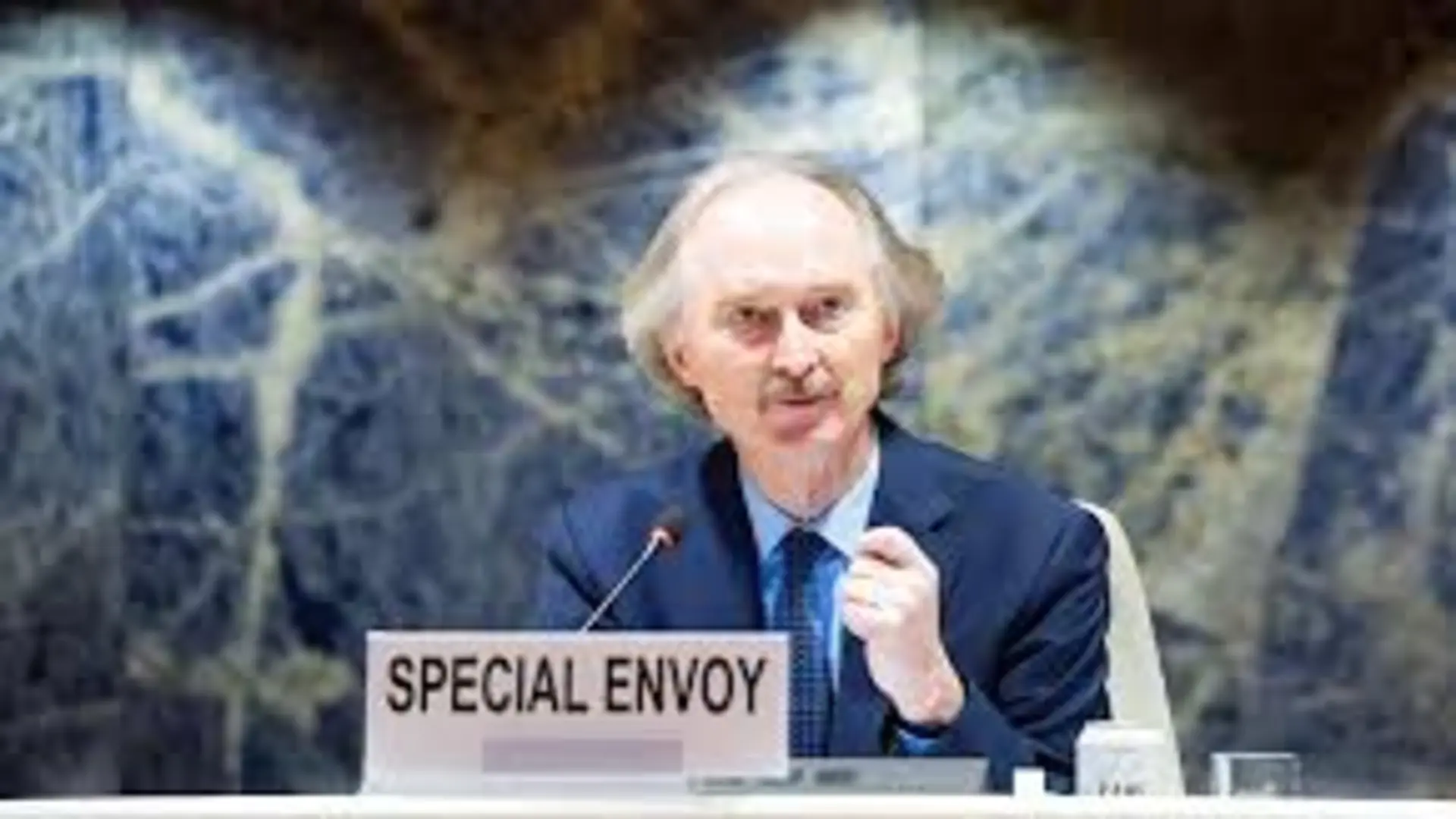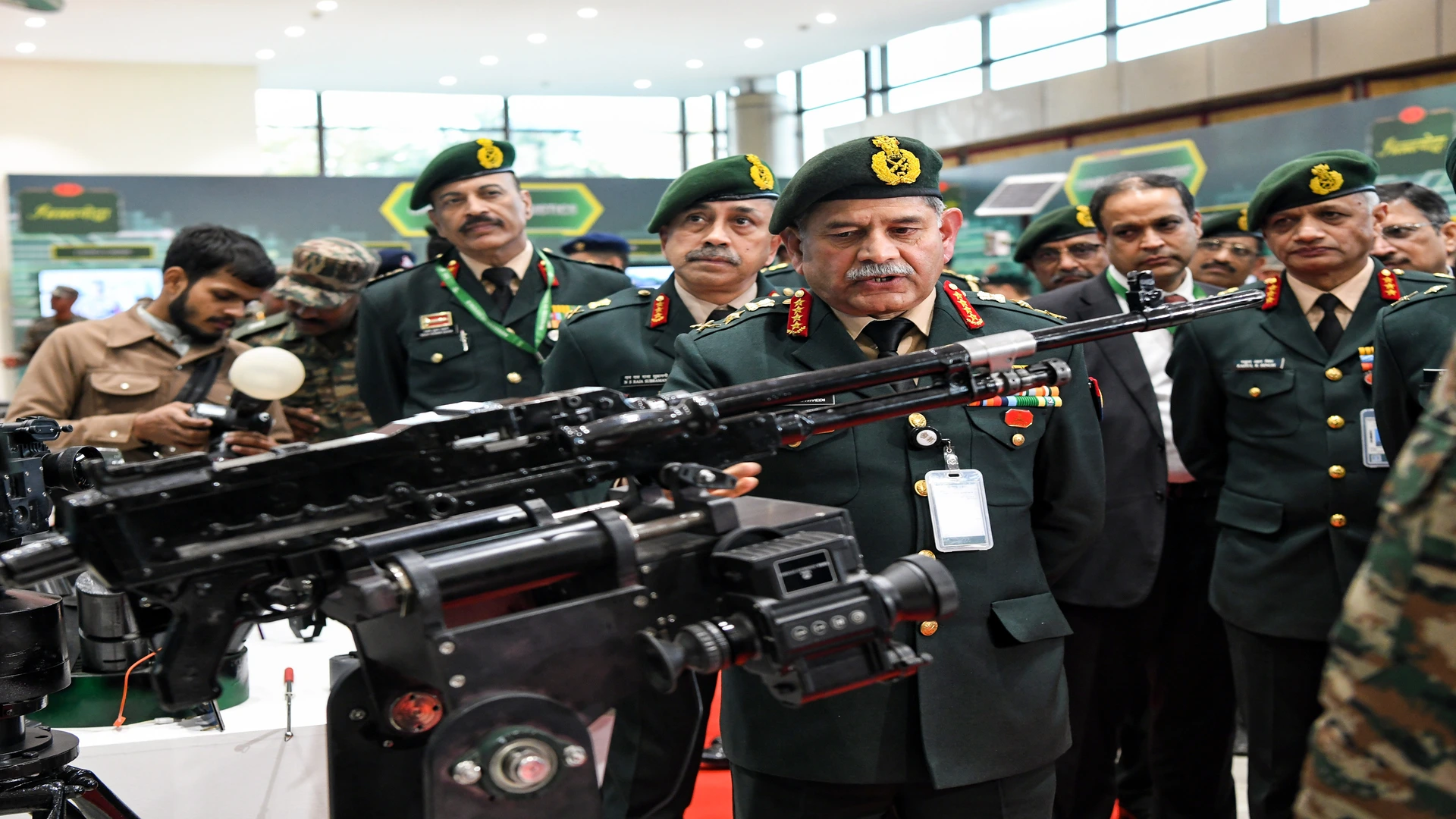Maharashtra Home Minister Anil Deshmukh has urged the Central Bureau of Investigation (CBI) to share in public domain the details of the probe conducted into the mysterious death of actor Sushant Singh Rajput. The budding star was found dead at his flat on 14 June and the CBI was asked to ascertain the facts after the family of the deceased was unsatisfied with the inquest by the Mumbai Police. Some family members of Rajput had charged that he was murdered. However, prima facie, no evidence was found to establish that he was strangled to death by someone. According to the post-mortem report, the actor had committed suicide since there was nothing to suggest that he was throttled first and then his body was placed in a hanging position in his flat.
The tragic unnatural death had sparked off a nationwide debate with TV channels putting across various theories on prime time for a number of months. However, the coverage got diluted once the Bihar Assembly elections were announced and nothing has been heard since then on the cause of his death. Apart from the CBI, which was asked to inquire into the circumstances leading to Rajput’s end, the Enforcement Directorate was drafted to look into various aspects of financial transactions and the Narcotics Control Bureau probed the drugs angle. In the midst of the investigations, Rhea Chakraborty, Rajput’s live-in partner, was arrested and many others including some of his associates and assistants were also taken into custody. A team from the All India Institute of Medical Sciences was asked to give expert opinion on the autopsy report of doctors from the Cooper Hospital. A forensic specialist from AIIMS prematurely leaked their inference which pointed out that Rajput had committed suicide. This leak was neither endorsed nor denied by the CBI which has so far maintained utmost secrecy regarding the case.
Seasoned police officers were of the view that it is extremely difficult to prove abetment in a suicide case since there are several judgements which have stipulated how this can be established. The Mumbai Police had faced a lot of criticism for its handling of the sensitive matter, forcing some retired police commissioners to move the court to intervene and stop the tarnishing of the police image by a section of the media. In this context, Deshmukh’s demand that the findings should be made public by the CBI is not misplaced. People would want to know how Rajput died, particularly because the subject became a discussion point throughout the country. If the CBI has not divulged the details, it may have pressing reasons for doing so. Its investigations may still be underway and some issues may be wanting greater clarity. But there is also apprehension that the case may get consigned to the archives unless some public disclosures are made. It is important since at one point, there was an attempt to link the son of a powerful politician to Rajput’s death as also that of a starlet who had died a few days earlier. The case had also acquired political dimensions and it would be in everyone’s interest that the matter reaches its logical conclusion.















